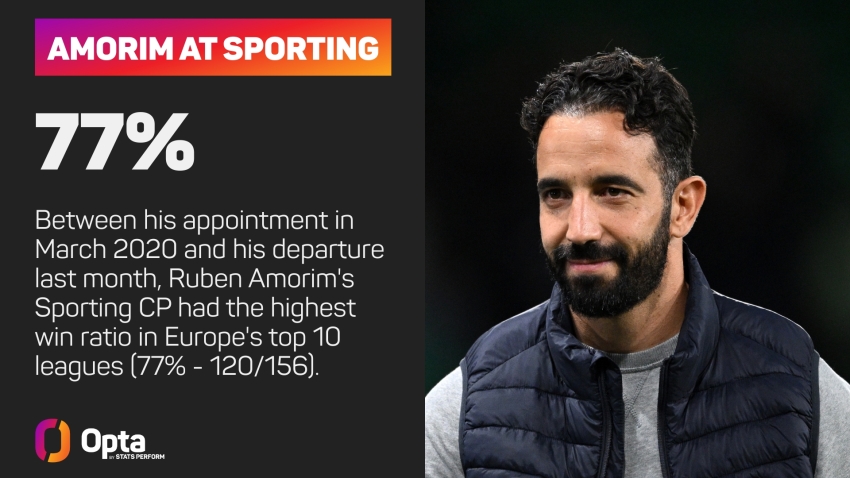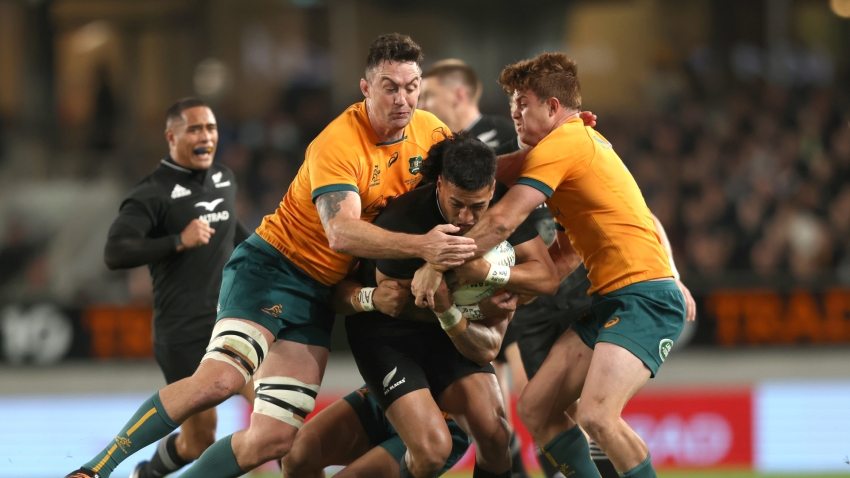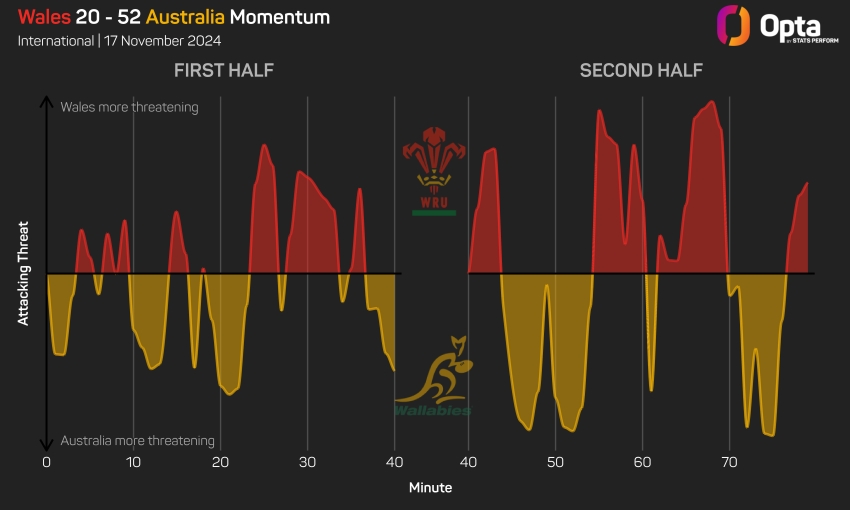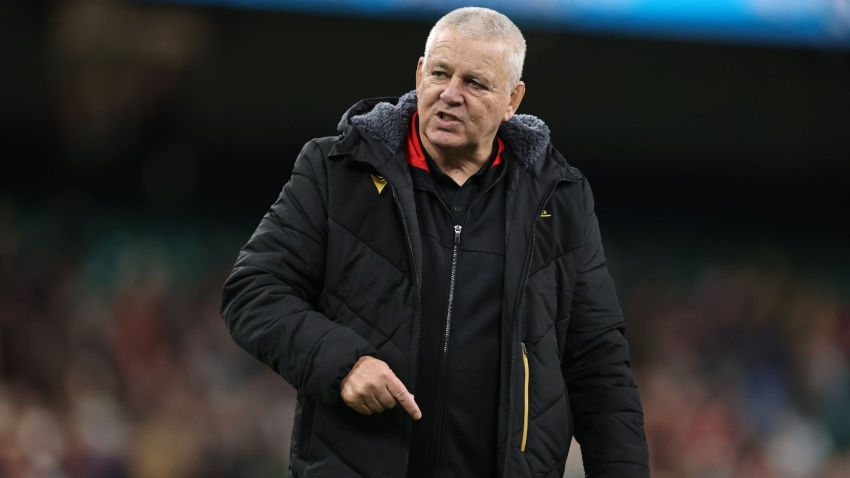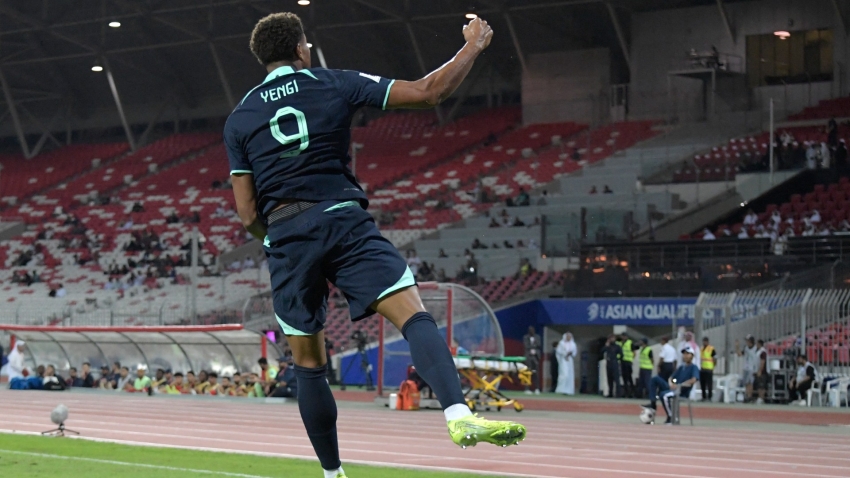Warren Gatland has urged Wales to "show real courage and front up" in their final Autumn Nations clash against South Africa.
Gatland's side bring the curtain down on a disappointing year when they welcome the reigning world champions to the Principality Stadium on Saturday.
Wales have lost an unprecedented 11 straight Tests, and could go an entire calendar year without tasting success for the first time since 1937.
Gatland has made four changes from last weekend's 52-20 defeat to Australia, with Sam Costelow, Rio Dyer, Christ Tshiunza and Taine Plumtree all coming into the starting XV.
Gareth Anscombe, Aaron Wainwright and Cameron Winnett drop out of the squad, while Adam Beard misses out through injury.
And Gatland wants his players to demonstrate fighting spirit against the Springboks.
"Last week's result hurts, and we are just as disappointed by it as the fans," he told reporters during his pre-match press conference.
"Our focus now is on training and preparing well for our final game of this Autumn Nations Series.
"There were good elements that we can definitely build on going into Saturday, but we have to improve our accuracy.
"We know what a quality side South Africa are and the physicality they bring. This week, we need to show real courage and front up against the world champions."











